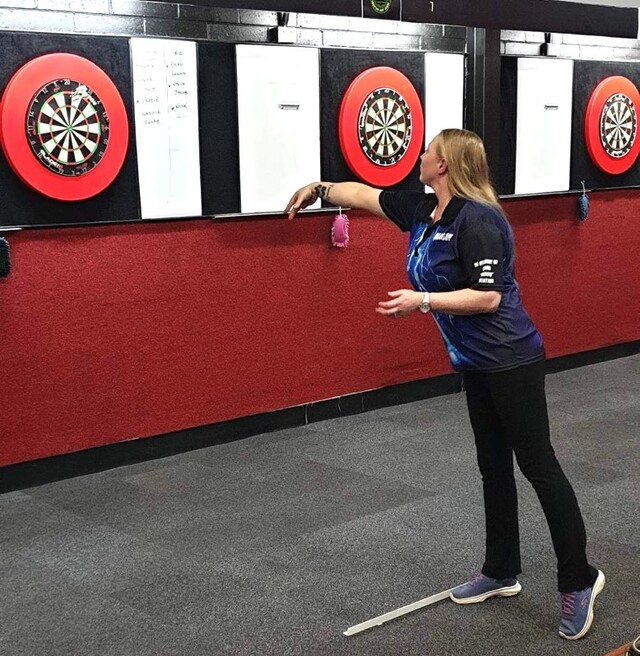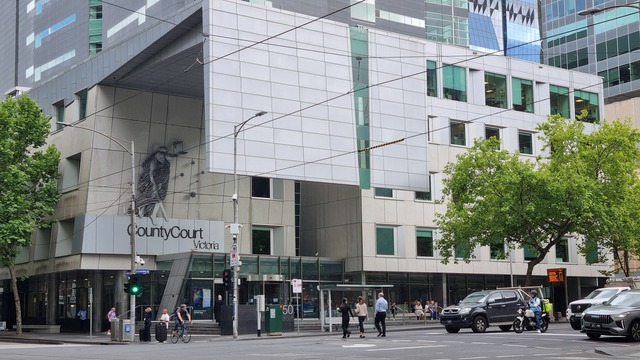Family violence victims in Casey are being forced stay in motels longer as support services scramble to find emergency accommodation for their clients.
It comes as police reports of family violence have increased between 25 to 30 per cent in Casey during the pandemic.
The City of Casey has the highest reports of domestic violence incidents across Victoria.
Sarah* (not her real name) was among the lucky few to be placed in emergency accommodation in Casey earlier this year where she still resides after fleeing a violent partner.
“It’s been a godsend, it really has,” the mother of three said after seeking support from Windermere, which provides domestic violence and homeless support services in the south east, adding she could finally sleep comfortably without living in fear.
Elizabeth Thomas, the chief executive of WAYSS that helps family violence victims in the south east, said reports in violence had increased in “severity” with the Covid-19 lockdown creating a pressure cooker-like environment for perpetrators being confined to their homes.
“At present we are using motel rooms for extended periods which, while keeping people safe, isn’t ideal – especially for victims with children,” she said.
“Most of our services are covered under government funding. But we simply don’t have enough housing to support our clients – those experiencing family violence and/or homelessness.”
Ms Thomas said the number of requests from police for her organisation’s services had also increased. In June, this was up 46.4 per cent compared to last year.
Leanne Petrides, the chief executive of the Cranbourne Information and Support Service, said her team was also working hard to provide food and clothing to domestic violence victims who had been placed in motels, many of whom were women and children.
“Prior to Covid-19, we may have seen a couple a week, now it is a daily occurrence,” she said.
Casey Council manager of safer communities Caroline Bell said she has been troubled by rising reports of family violence, adding she expected the impacts to be “felt for a very, very long time to come”.
“With the largest population in the state we’re seeing lots of our localised services really overstretched,” she said.
She said many vulnerable victims were also accessing help for the first time and “don’t know where to go”, which was also contributing to the rising homelessness within the municipality.
Ms Bell said council continued to focus on family violence prevention as well as providing grants to community groups responding to Covid-19.
She said it was paramount that domestic violence victims reached out for help even under these stage-four restrictions.
“Family violence is actually a legitimate reason to be leaving your house. There’s fear from people not being able to leave and being trapped in their circumstances,” she said.
Meanwhile, Ms Bell said council was also advocating for the State Government to set up its ‘Orange Door’ service in Casey, which is a free, integrated service hub for adults, children and young people who are experiencing or have experienced family violence.
“The City of Casey is committed to ensuring the safety of women and children is not the ‘forgotten emergency’ in our pandemic response and we welcome opportunities to work together with local organisations and state government on this critical issue,” she said.
For assistance call Safe Steps on 1800 015 188 or the national domestic violence helpline 1800RESPECT. In case of emergency call 000.







